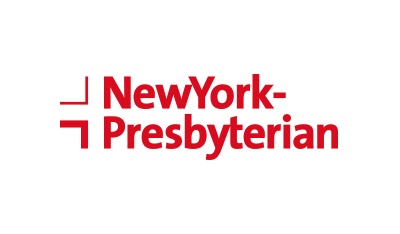
Weill-Cornell-Science-Briefs-April-2008

Dr-Lawrence-P-Casalino-Appointed-Chief-of-Outcomes-and-Effective

NewYork-Presbyterian-Appoints-Leader-of-International-Initiative

NYS-Office-of-Mental-Health-Names-Psychiatric-Institute-Building

JAMA-Article-Looks-at-Data-Sharing-in-Clinical-Trials-for-Heart

Dr-Alfons-Pomp-Named-Chief-of-Laparoscopy-and-Bariatric-Surgery

Reducing-the-Damage-of-a-Heart-Attack

Pollin-Pediatric-Research-Prize-Awarded-Discovery-of-Lifesaving
Page269 of 334


